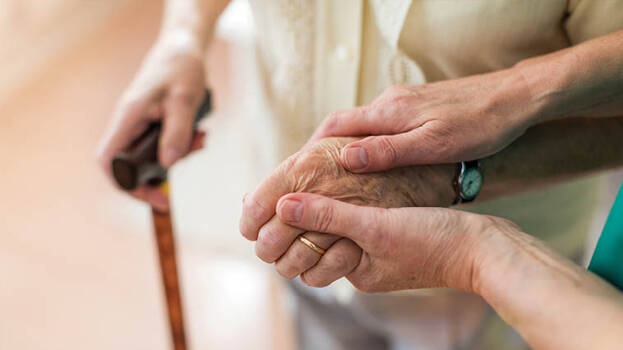

The World Bank has sanctioned a loan of Rs 2455 crore to improve the health sector in Kerala. This amount needs to be repaid in 25 years, and a grace period of five years will also be available. The project is to improve the life expectancy and quality of life of the health-impaired in Kerala. The World Bank points out that despite improvements in many health sectors, diseases like diabetes, hypertension and cancer are increasing in Kerala. This money will be spent on providing treatment and support through an electronic tracking system for about 90 percent of patients registered in hospitals for diabetes and hypertension. Home treatment for bedridden patients is also part of the project.
Although Kerala has been ahead of other states in many areas in the field of health for years, we are also the state with the highest number of cancer patients. The latest study conducted by the Indian Council of Medical Research says that one in six men and one in eight women are likely to develop cancer before the age of 75. The districts with the highest number of cancer patients are Thiruvananthapuram, Kottayam, Thrissur, Ernakulam, Malappuram and Kannur. According to the national average, 136 people per lakh people have been diagnosed with cancer. However, it is 168 in Kerala. Doctors point out that unhealthy lifestyle trends, including food, are the main reason for the increase in cancer. Kerala needs to pay more attention to precautions and preventive measures to prevent cancer from occurring, rather than treating cancer once it occurs.
Similarly, one of the urgent health measures that Kerala needs to implement in the health sector is to bring all citizens of the state aged 70 and above under the national insurance scheme Ayushman Bharat, regardless of their financial status. The Centre will bear 70 percent of the cost of this scheme. The respective states will bear 30 percent. Kerala has not yet become a part of the scheme for this reason. Although the Centre has announced that this decision will benefit 4.5 crore families with six crore senior citizens across the country, no one in Kerala has benefited from it so far. This scheme is more important than signing the PM SHRI scheme. The common people of the state are the ones who have to bear the loss of Kerala turning its back on many central schemes.
Similarly, since the dues to hospitals under the Karunya scheme are more than 40 crores, many hospitals have stopped this service. The money received by the health sector should be spent on solving problems like this as well. The World Bank has now approved the project submitted by the Health Department in 2023. No advance money will be given for the project. The fund will be received only after the targets proposed by the World Bank are achieved. Therefore, the Health Department should take steps to increase geriatric treatment facilities in partnership with local bodies, setting a model for the world.